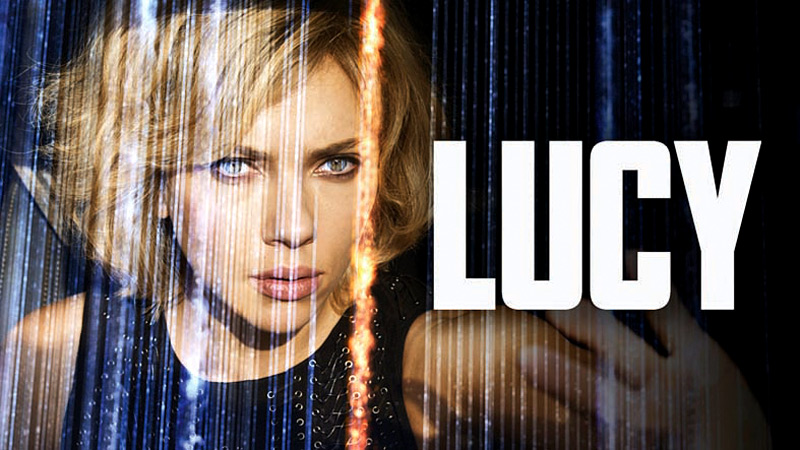In 2014, French director Luc Besson took audiences on a mesmerizing journey through the human mind and the universe with his mind-bending science fiction film, “Lucy.” Starring Scarlett Johansson, Morgan Freeman, Choi Min-sik, and Amr Waked, the film captivated audiences with its unique take on the potential of the human brain and the consequences of unlocking its full capacity. Since its release, “Lucy” has left a lasting impact, becoming a massive box office success and even inspiring a spin-off series, proving that its legacy endures.
The science behind “Lucy”
“Lucy” revolves around the idea that humans only use a small percentage of their brain’s potential. This long-standing myth, often misattributed to a belief that we use just 10% of our brains, served as the film’s central theme. When the titular character, Lucy, played by Scarlett Johansson, accidentally absorbs a potent synthetic drug, she begins to unlock her brain’s untapped potential. Her newfound abilities, including telekinesis, telepathy, and time travel, propel the film into a mind-bending exploration of human potential.
Director Luc Besson’s Vision
Luc Besson, known for his innovative storytelling and action-packed films, had a clear vision for “Lucy.” He aimed to create a movie that combined the elements of “Léon: The Professional,” “Inception,” and “2001: A Space Odyssey.” By blending these influences, Besson crafted an action-packed thriller with a profound message about the human condition and our capacity for growth.
Visual effects
With a budget of approximately $48 million, “Lucy” was a major production for Besson’s Europa Corp. The film was shot in various locations, including Paris, Taipei, and New York City, offering a visually stunning backdrop for the unfolding narrative. The use of visual effects was particularly remarkable, with over 1,000 effects shots in the film, making it a standout in Besson’s filmography.
Besson’s Choice to Take Risks: Luc Besson’s decision to take risks in “Lucy” was evident in his choice to explore a scientific and ethical premise in an action-packed narrative. He wanted to create an entertaining film that also raised thought-provoking questions about human potential and the mysteries of the human brain. In a world dominated by cookie-cutter blockbusters, “Lucy” stood out as a unique and daring endeavor.
The Lucy universe expands
In August 2022, the “Lucy” universe took an unexpected turn when a spin-off series was announced by EuropaCorp and Village Roadshow. Morgan Freeman, who portrayed Professor Samuel Norman in the original film, is reportedly in talks to reprise his role. While specific details about the spin-off remain limited, it’s clear that the legacy of “Lucy” continues to grow, captivating new audiences and offering the potential for further exploration of the film’s intriguing concepts.
“Lucy” is more than just a science fiction film; it’s a testament to the power of visionary storytelling and the enduring impact of creative risk-taking. Luc Besson’s journey from Taipei to the cosmos with Lucy challenged the conventional norms of storytelling and captivated audiences worldwide. With the spin-off series on the horizon, it’s evident that the mysteries of the human brain and the universe continue to intrigue and inspire us, reminding us that we have much more to learn and discover. As Lucy herself said, “Life was given to us a billion years ago. Now you know what to do with it.”









